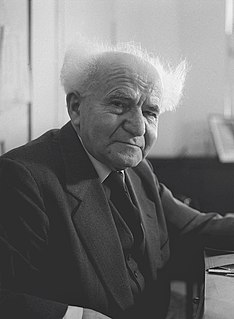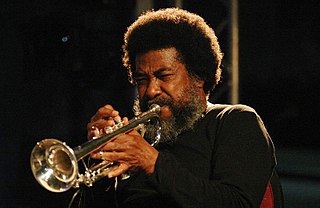A Quote by Danny Glover
Related Quotes
When we talk about Cuban democracy we are referring to participatory democracy which is big difference with representative bourgeois democracy. Our is a democracy in which everything is consulted with the people; it is a democracy in which every aspect and important decision that has an impact in the life and society of the people, is done in consultation.
I don't have a very high opinion, actually, of the world of criticism - or the practice of criticism. I think I admire art criticism, criticism of painting and sculpture, far more than I do that of say films and books, literary or film criticism. But I don't much like the practice. I think there are an awful lot of bad people in it.
You see an artist, a creative person, can accept criticism or can live with the criticism much more easily than with being ignored. Criticism makes you feel alive. If somebody is bothered enough to speak vituperatively about it, you feel you have touched a nerve and you are at least 'in touch.' You are not happy that he doesn't like it, but you feel you are in contact with life.


































